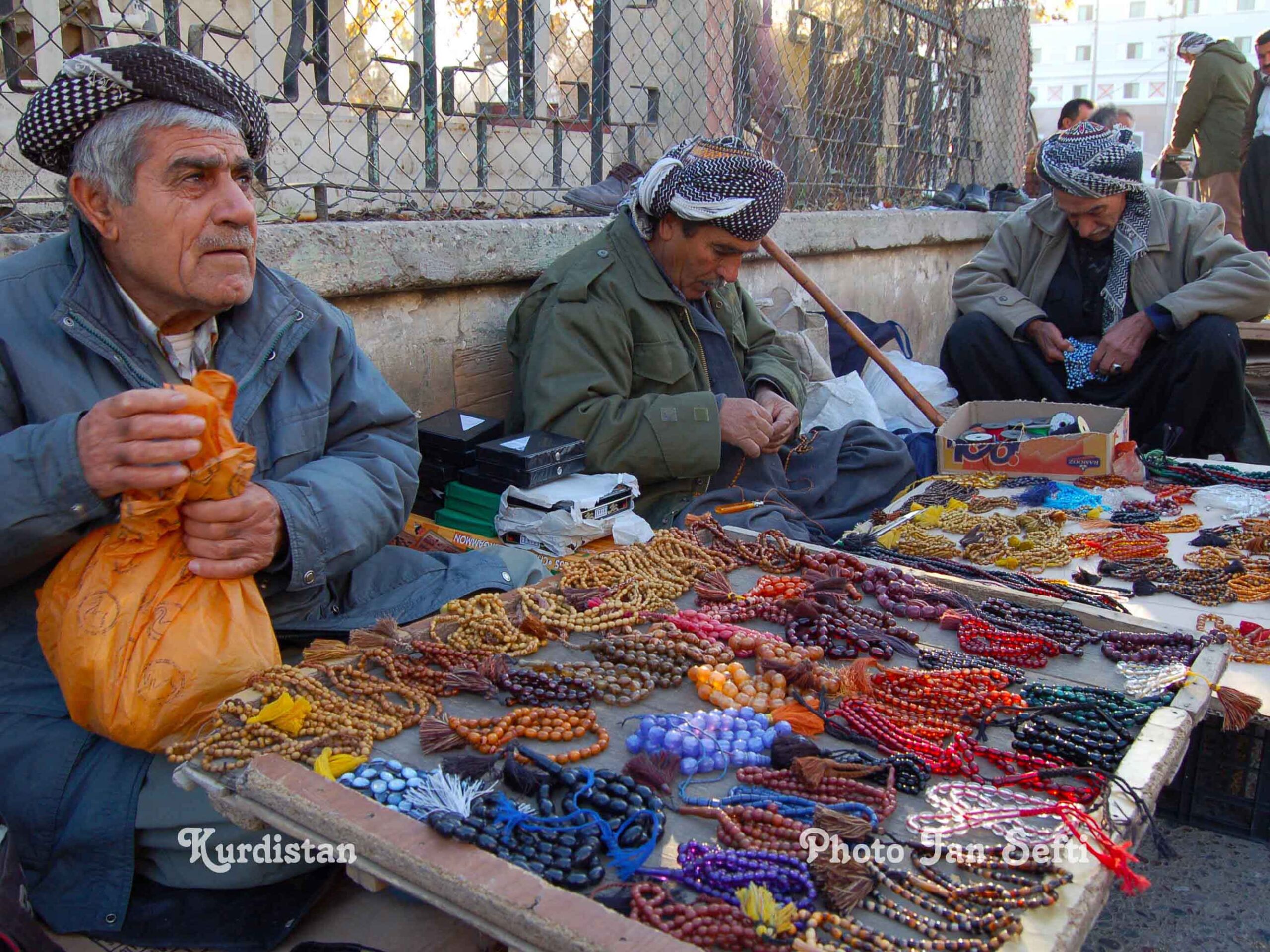
The people of Kurdistan have faced violence as an ethnic minority and deserve their own state. They have populations that would make it one of the largest countries if it does achieve statehood. But most importantly, they already function as an independent state. If a Kurdish state were to be created today by the United Nations or as the result of a long protracted civil war, the ideal Kurdish state would be an incorporation of regions spanning northern Iraq, southeastern Turkey, Northeastern Syrian and Northwestern Iran. What is far more likely is that Iraqi Kurdistan, an autonomous region, will one day officially break away from Baghdad and formally become a homeland that all Kurds across the diaspora can flock to.
If the Kurds were a people living in peace, there might not be as strong an argument for independence. However, the Kurdish populations have faced continuous violence in the countries they call home. In 1978, the conflict for Kurdish independence began in Turkey known as the Turkish-Kurdish conflict, which continues to this day. Over the course of nearly 42 years of perpetual war, 60,000 people have lost their lives. No ethnic minority deserves to live in a country that they cannot truly call home. For instance, you cannot call yourself a citizen of a nation that wants you dead. If the Kurds were fully integrated into Turkish society and lived in relative tranquility, this wouldn’t be an issue. But the Kurds have lived for half a century in a perpetual state of war. As a result, the next generation of Kurdish children should not have to grow up in a world that does not love them, accept them or want them.
These Kurdish children who live in this perpetual state of war are not few and far between either. According to the Central Intelligence Agency (CIA), there are 12 million Turkish Kurds, 6 million Iranian Kurds, 6 million Iraqi Kurds and 2 million Syrian Kurds. These are conservative estimates, as some projections put the Kurdish population at anywhere between 36.4 to 45.6 million people, making Kurdistan, if it were to become its own country today, the 33rd largest country in the world.
This 45.6 million person population is not a widely thinned out diaspora that spans the globe either. The Kurds are spread across four neighboring countries, and the Kurdish regions of these countries are all connected. Thus, a Kurdish state could unite these disconnected regions, taking a small portion of land from each of these four countries to form a new nation — an independent Kurdistan.
This is not a pipe dream either; the Kurds already have their own functioning society. In fact, an unofficial Kurdistan already exists in Northern Iraq. And while there are Kurdish regions across Iran, Turkey and Syria, Iraqi Kurdistan is the only 1 of the 4 which already functions as an independently recognized, autonomous region. Furthermore, Iraqi Kurdistan was first recognized in a 1970 agreement with the Iraqi government and has essentially functioned as an independent state ever since. Additionally, Iraqi Kurdistan has its own court system, police force and even has its own military known as the peshmerga.
If Iraqi Kurdistan is any indication of what a Kurdish state would be like, then the results are awe-inspiring and uplifting. Kurdistan is a peaceful region with airports and free travel. Considered to be one of the safest regions of the Middle East, there are Kurdish travel options in airports across Canada, Australia, Brazil, Argentina, South Korea, Japan, New Zealand and the United States. Kurdistan has its own borders, airports, army and a functioning democratic government. Additionally, Kurdish women serve in the peshmerga and the Kurdish parliament. And Iraqi Kurdistan, which maintains peaceful relations with Baghdad, is known for its tolerance and co-existence alongside various ethnic and religious minorities.
The people of Kurdistan deserve independence. Over the past 20 years, 10 new countries have been successfully created. In 1900, only 49 countries existed. Today, there are 195 recognized countries. The geography of the world’s nations is not done shaping themselves. New countries are being created all the time. As the populations of minority groups sore and cultural divides become more distinct over time, the need for national sovereignty arises. In the case of Iraqi Kurdistan, it already functions as its own country. Kurdistan is a place in the world that anyone can travel to. It is 98% Sunni Muslim, with its own Kurdish language, culture and even Kurdish cuisine. It is a rich culture with a fully functioning society. But only through political recognition can all Kurds across the diaspora have a place to call their own.







